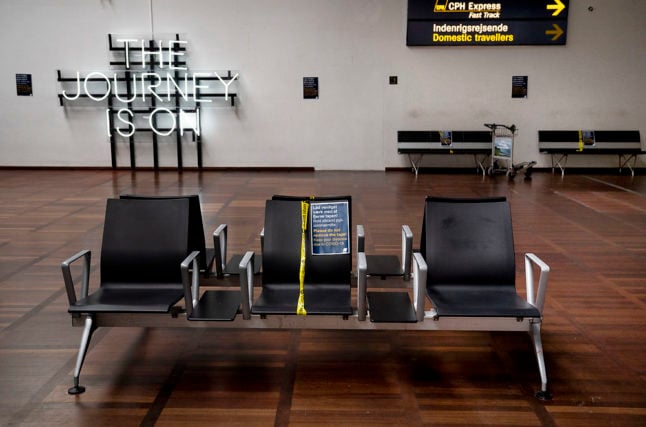Denmark has previously requested people arriving from so-called ‘red’ risk zones for Covid-19 to isolate but has not enforced quarantine. That practice will now change, the health ministry said in a statement.
No date has yet been specified for when the law will come into force.
“Our Achilles heel is to a great extent the introduction and spread of new, more infectious virus variants,” health minister Magnus Heunicke said in the statement.
“It is therefore crucial that we, as far as possible, prevent (mutations) from being brought into the country,” Heunicke added.
The new law is expected to demand that people arriving in the country from abroad to be tested for Covid-19 and to isolate for 10 days.
Certain exemptions will apply, including for people living in border regions and people who regularly cross the Danish border as part of their work. Other reasons including transport and essential services may also provide exemption from quarantine rules.
Special rules will also be formulated for people transiting through Sweden to reach the Danish Baltic Sea island of Bornholm.
Until the new rules come into effect, the current ban on incoming flights from the United Arab Emirates will remain in place, the Ministry of Transport has confirmed. The ban has been extended from February 2nd for up to one week.
READ ALSO: These are Denmark's current Covid-19 travel restrictions



 Please whitelist us to continue reading.
Please whitelist us to continue reading.
Member comments